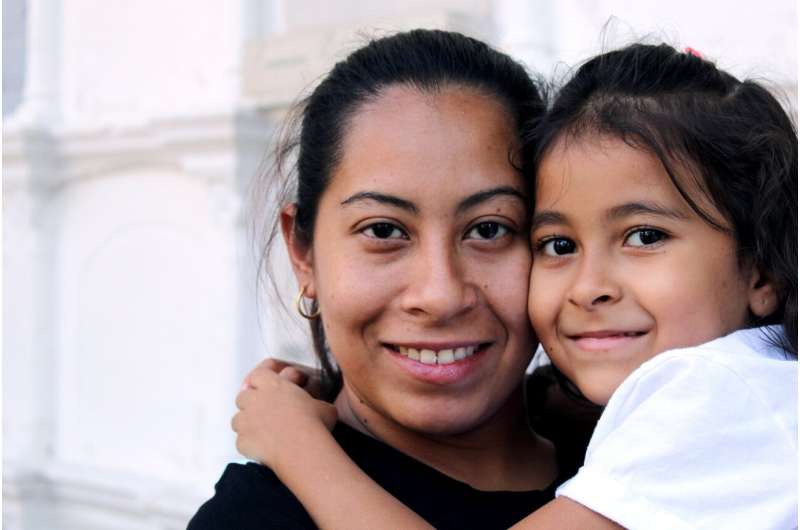A groundbreaking study underscores the pivotal role of culturally responsive approaches in the complex journey of IPV recovery for Latina college students, emphasizing that effective healing is deeply intertwined with cultural understanding. This essential research from the University of California, Riverside, and the University of Wisconsin-Madison offers crucial insights into Latina mental health and well-being within this specific demographic.
The investigation delved into two distinct forms of well-being: an emic, Latinx-specific perspective rooted in cultural nuances, and an etic, more broadly applicable concept of general well-being. By exploring both, the study provided a comprehensive view of how different factors contribute to the overall wellness of college student well-being.
Intimate Partner Violence (IPV), a pervasive form of abuse occurring within romantic or familial relationships, disproportionately affects individuals from marginalized communities. Latina students, in particular, face a heightened risk of experiencing IPV, making targeted and culturally sensitive interventions critically important for trauma healing.
Nancy Herrera, the study’s lead author and a postdoctoral researcher, highlighted several factors contributing to Latinas’ susceptibility to IPV. These include strict and often harmful gendered roles, self-silencing norms, the enduring impact of historical trauma, patterns of family violence, and various adverse social and community experiences. Understanding these underlying vulnerabilities is key to effective prevention and support.
Employing the Psychosociocultural Framework, the researchers meticulously examined how resilient coping, social support, and marianismo—a traditional Latina gender role—collectively shape both culturally grounded (emic) and universal (etic) well-being. Findings revealed that these interconnected factors accounted for significant portions of both emic (19%) and etic (38%) well-being, unequivocally underscoring the profound relevance of culture in the process of psychosocial support and IPV recovery.
Key findings from the study showed that resilient coping emerged as a strong predictor for both types of well-being, indicating its universal importance. Conversely, while social support was significantly linked to etic well-being, it did not show a similar strong connection to emic well-being, suggesting that conventional measures of support may not fully capture the nuanced Latina mental health experiences. Moreover, marianismo, when internalized as self-sacrifice, was inversely associated with well-being, illustrating its complex, dual role as both a potential source of strength and a constraint on help-seeking behaviors in trauma healing.
The study involved 453 Latina college students across the United States, all of whom identified as survivors of IPV and were no longer in abusive relationships when they participated. Data was collected through an anonymous online survey distributed via Latina-centered organizations and university programs, ensuring a broad and relevant participant base for this critical research.
A primary implication for mental health providers, as articulated by Herrera, is the imperative to address the well-being of Latina survivors by deeply considering their cultural and gendered identities. Centering their culture within the context of their trauma is deemed an essential component for their comprehensive trauma healing, fostering resilience, and supporting their educational persistence through culturally responsive therapy.
Drawing from her personal journey as an IPV survivor navigating higher education, Herrera’s experience informed her dedication as a researcher and psychologist. She is committed to developing, testing, and normalizing questionnaires for the community being studied, ensuring that a combined use of culturally informed and generalized mental health questionnaires avoids overlooking crucial aspects of Latinas’ healing journeys. Her ongoing work aims to build upon this study by creating culturally congruent mental health models and treatments that adequately address the unique experiences of Latina survivors in higher education, furthering college student well-being.






Leave a Reply